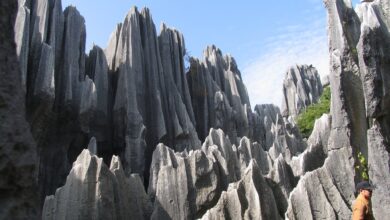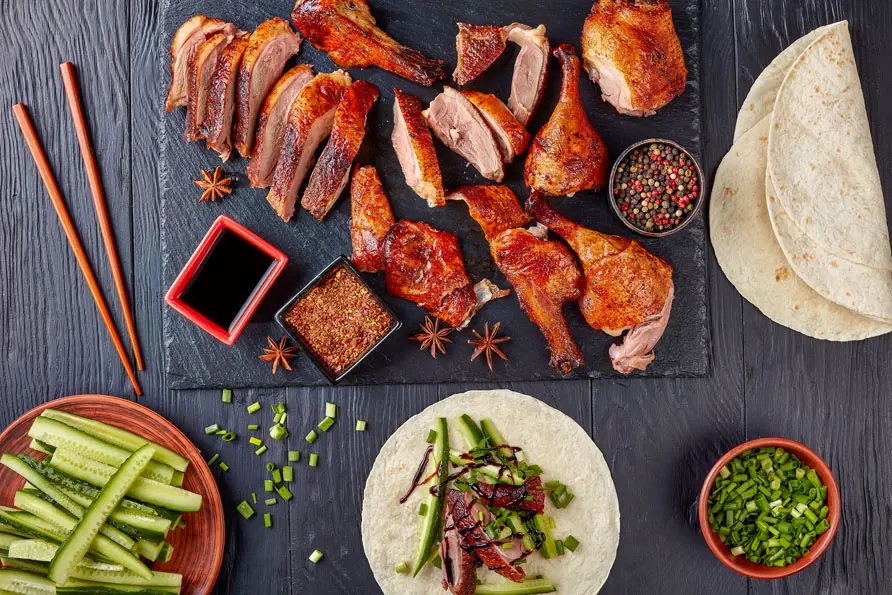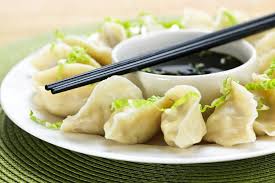Learn Chinese & Chinese CultureUncategorized
Essentials of Traditional Chinese Medicine: A Holistic Approach to Health
Traditional Chinese Medicine
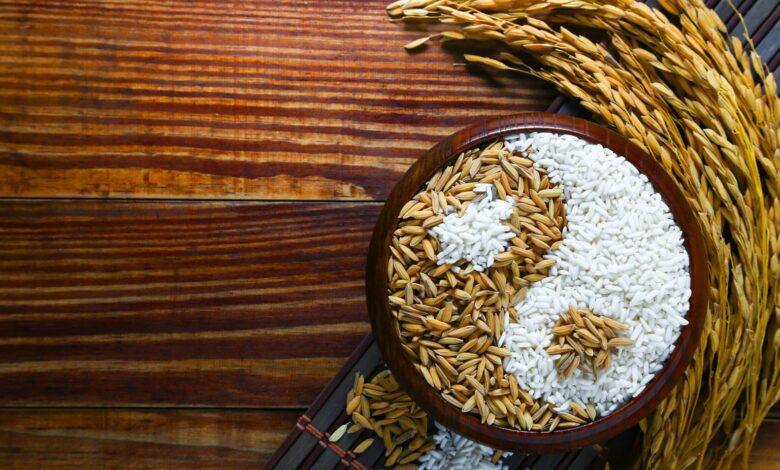
Traditional Chinese Medicine (TCM) is an ancient system of health and wellness practiced for thousands of years in China. It focuses on balancing the body’s vital energy, known as Qi, and harmonizing it with the environment. Here are the core elements of TCM:
- Yin and Yang: These are fundamental forces representing balance and harmony in the universe. Health is seen as a balance between Yin (cold, rest, darkness) and Yang (heat, activity, light).
- Five Elements Theory: This theory includes Wood, Fire, Earth, Metal, and Water, each linked to specific organs and natural phenomena. For instance, the liver corresponds to wood, and the heart to fire.
- Meridians and Acupuncture Points: Qi flows through channels called meridians. Acupuncture involves inserting needles at specific points along these meridians to restore balance.
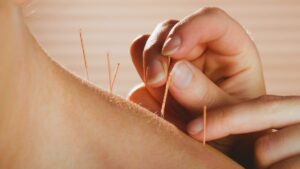
4. Qi (Vital Energy): Qi is the life force that flows through the body. Balanced and free-flowing Qi is essential for good health.
5. Herbal Medicine: TCM uses various herbs to create formulas that balance Yin and Yang and nourish Qi.
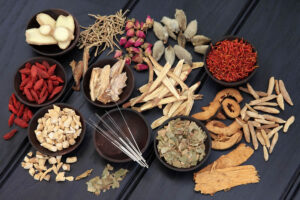
- Diagnostic Methods: Practitioners observe, listen, smell, inquire, and palpate to detect imbalances.
- Therapeutic Techniques: These include acupuncture, moxibustion (burning herbs near the skin), cupping (using suction cups), tui na (massage), and qigong and tai chi (mind-body exercises).
- Dietary Therapy: Nutrition in TCM is personalized to balance Yin and Yang and support Qi flow.
TCM takes a holistic approach, focusing on prevention and individualized treatment to maintain overall wellness. It is often used alongside modern Western medicine for a comprehensive approach to health.

